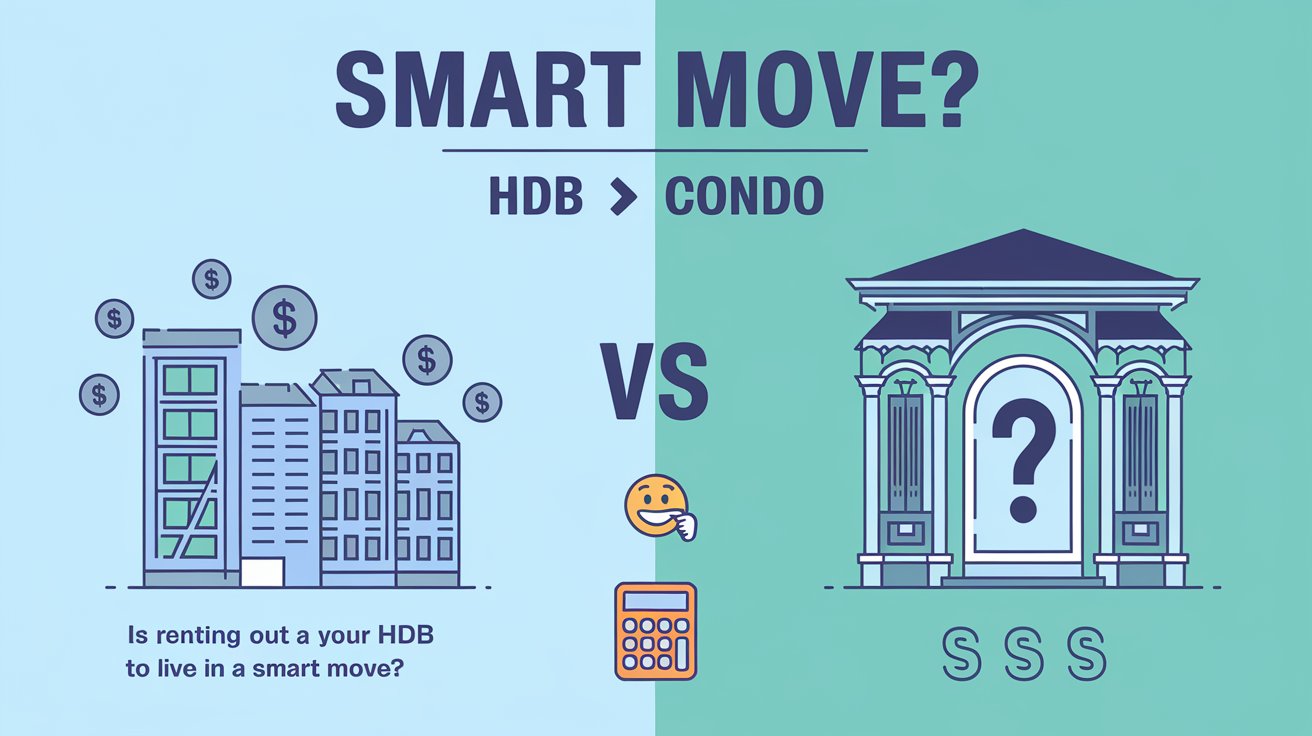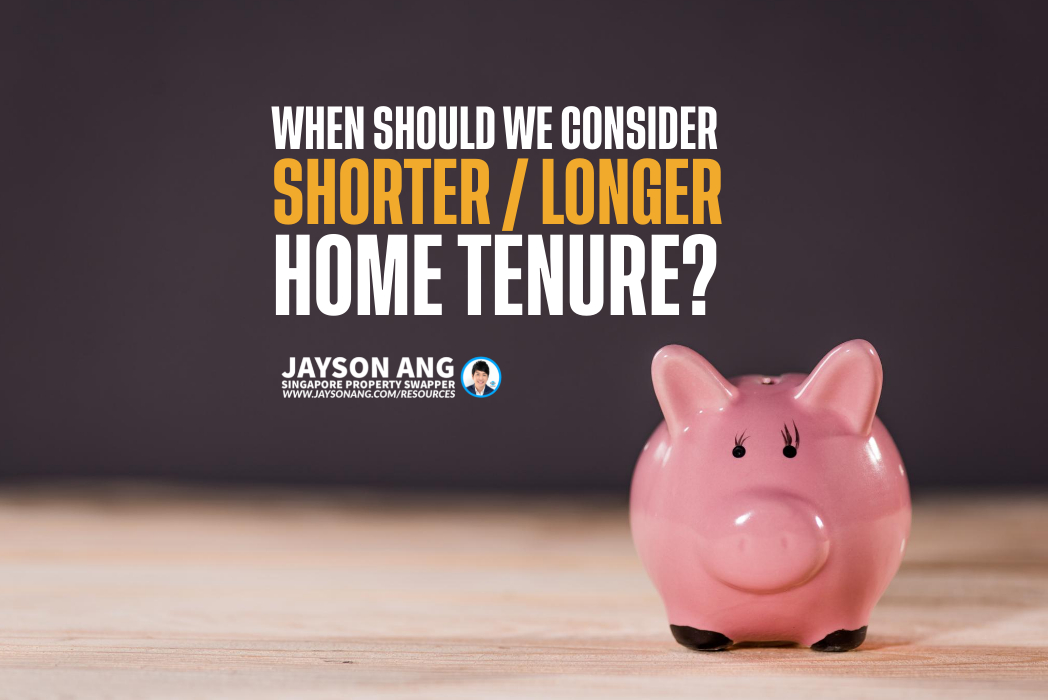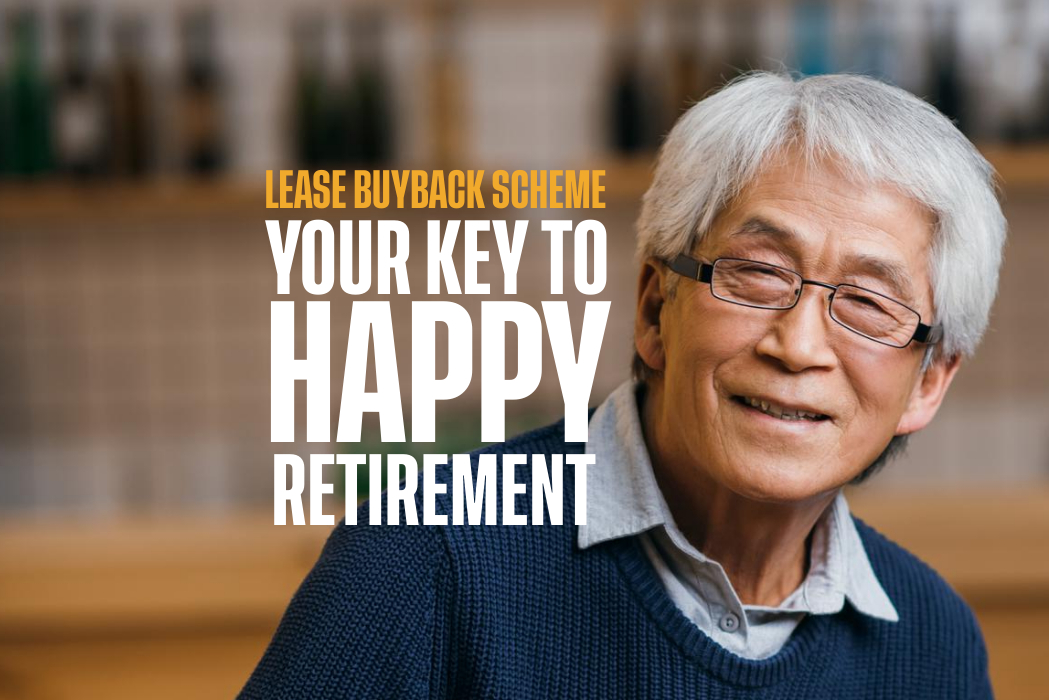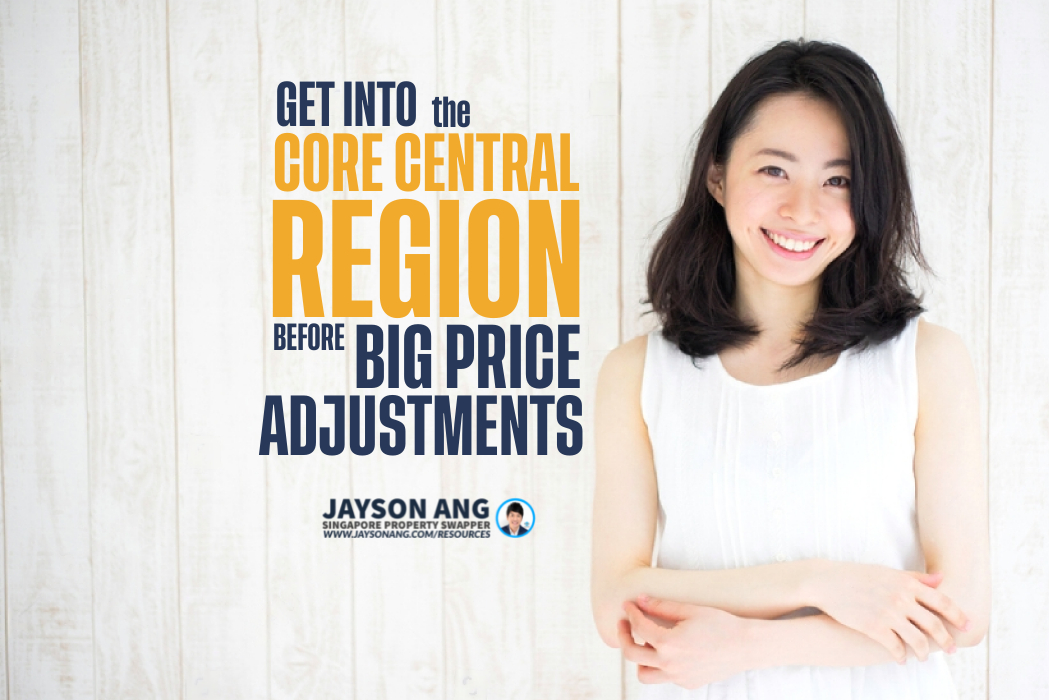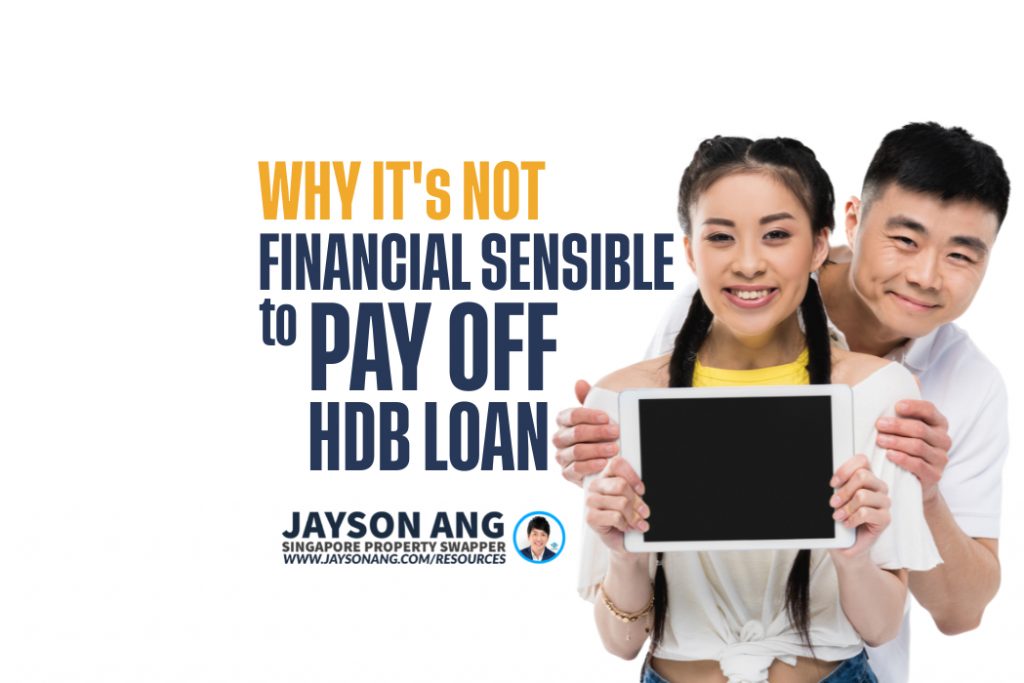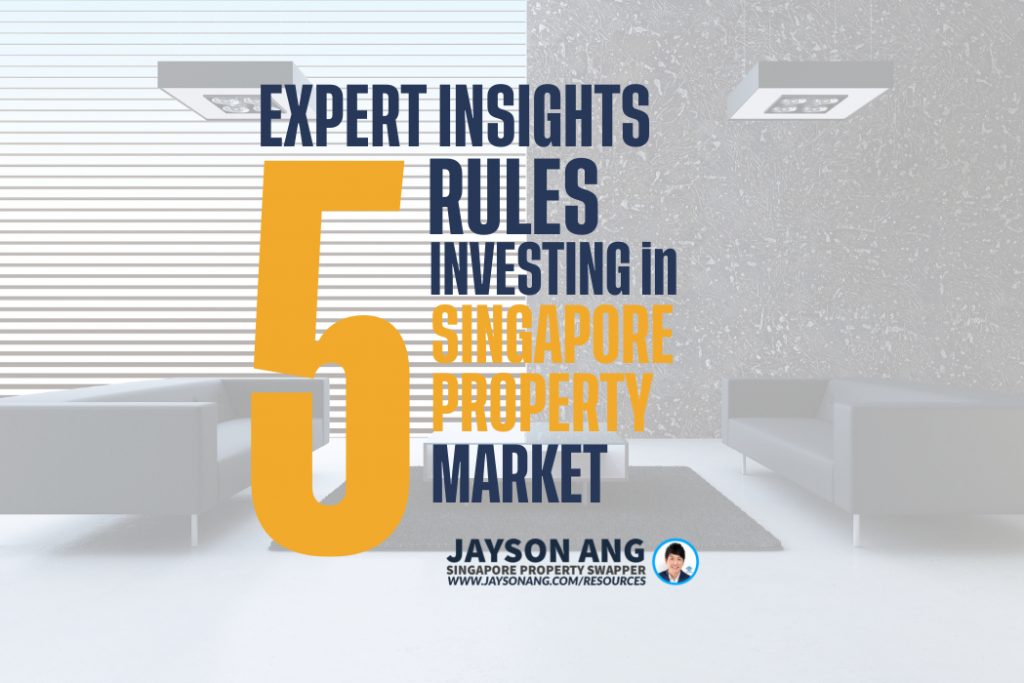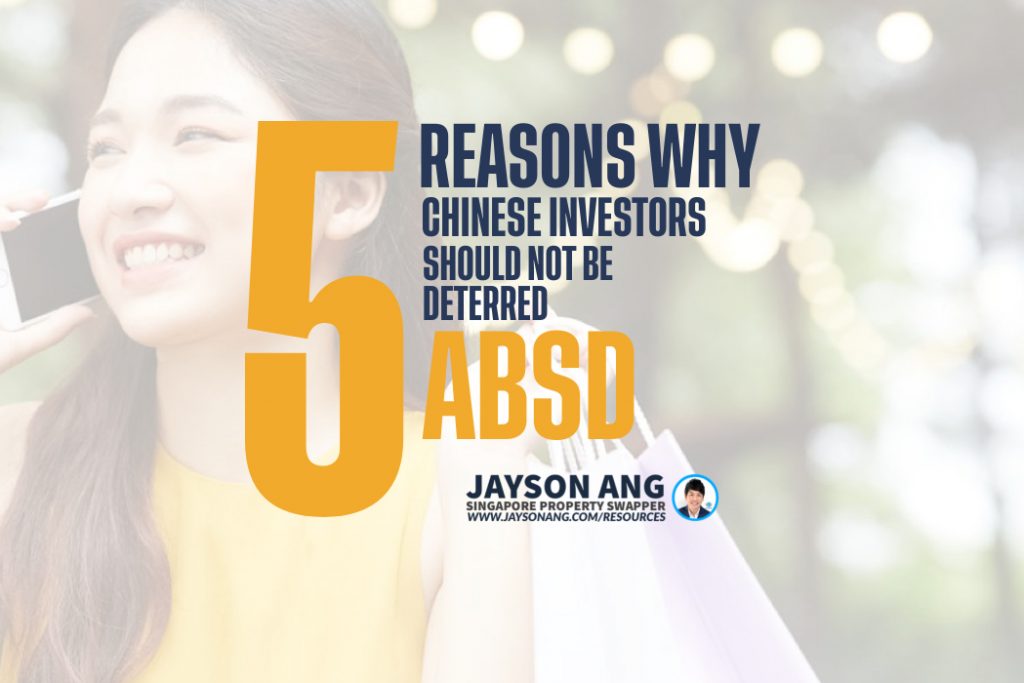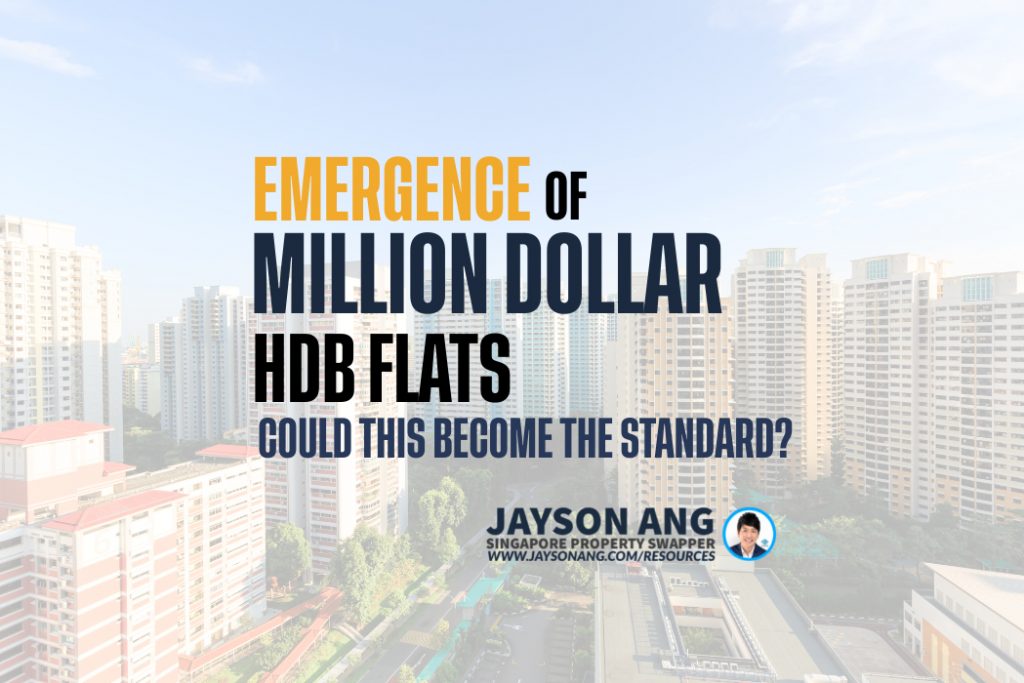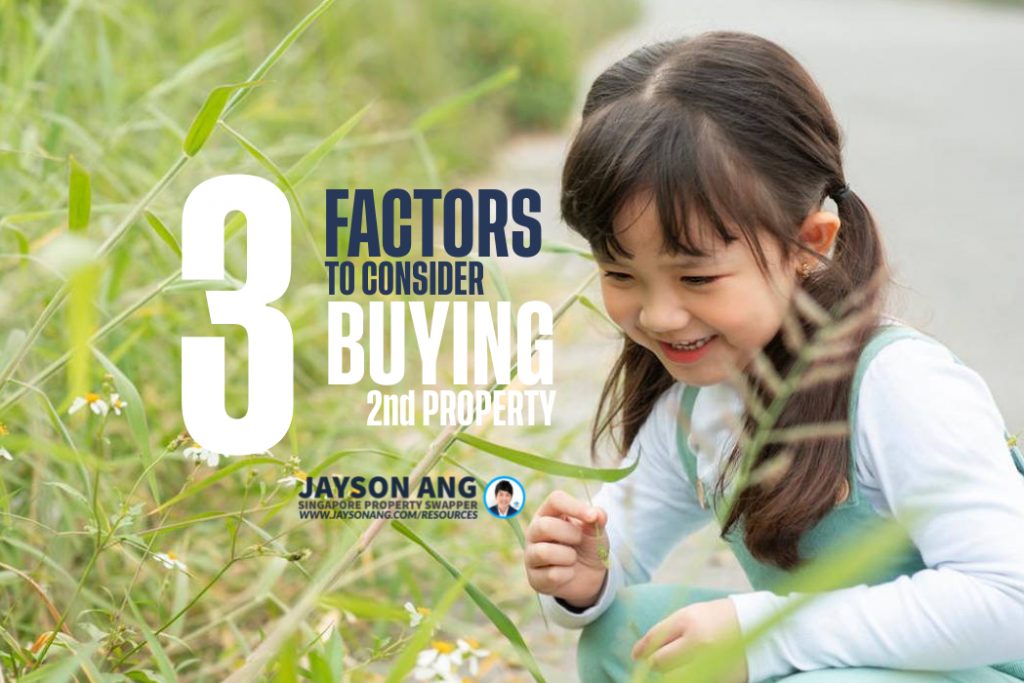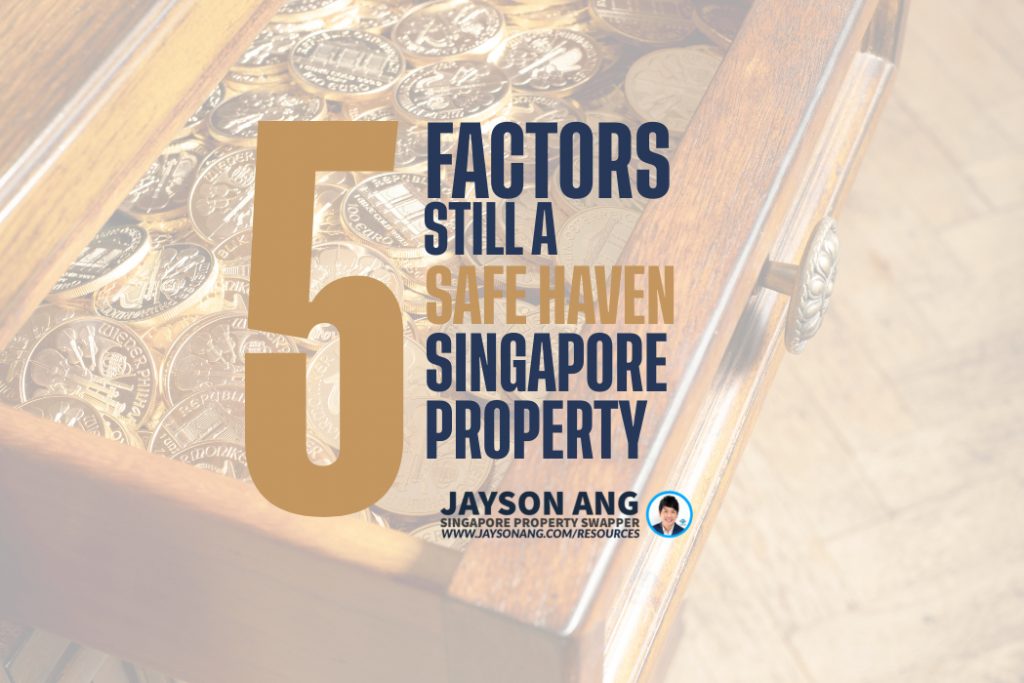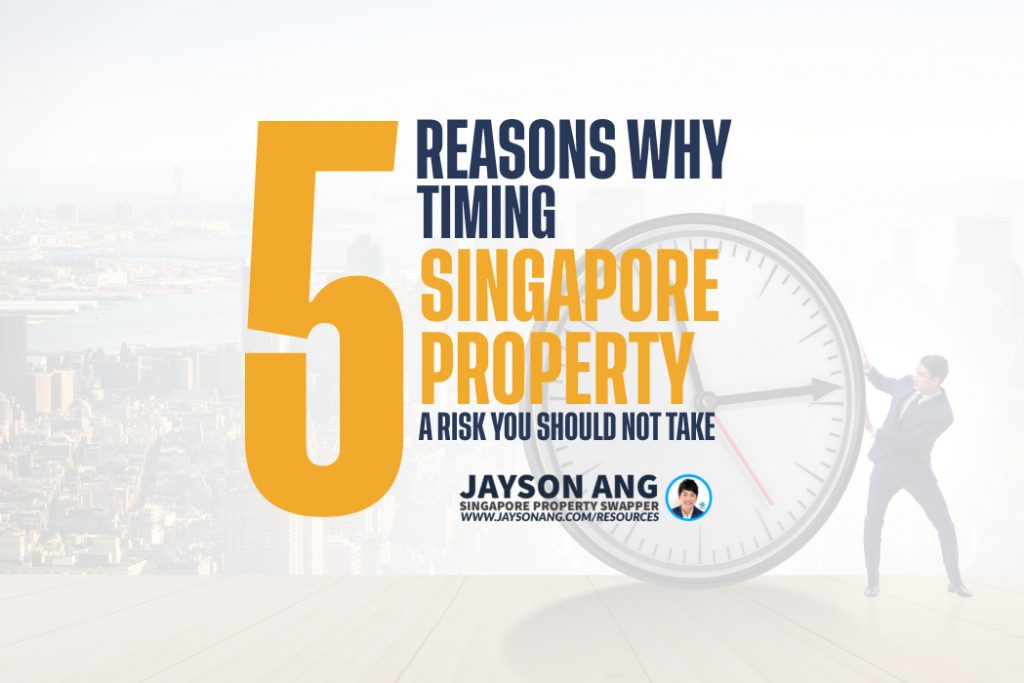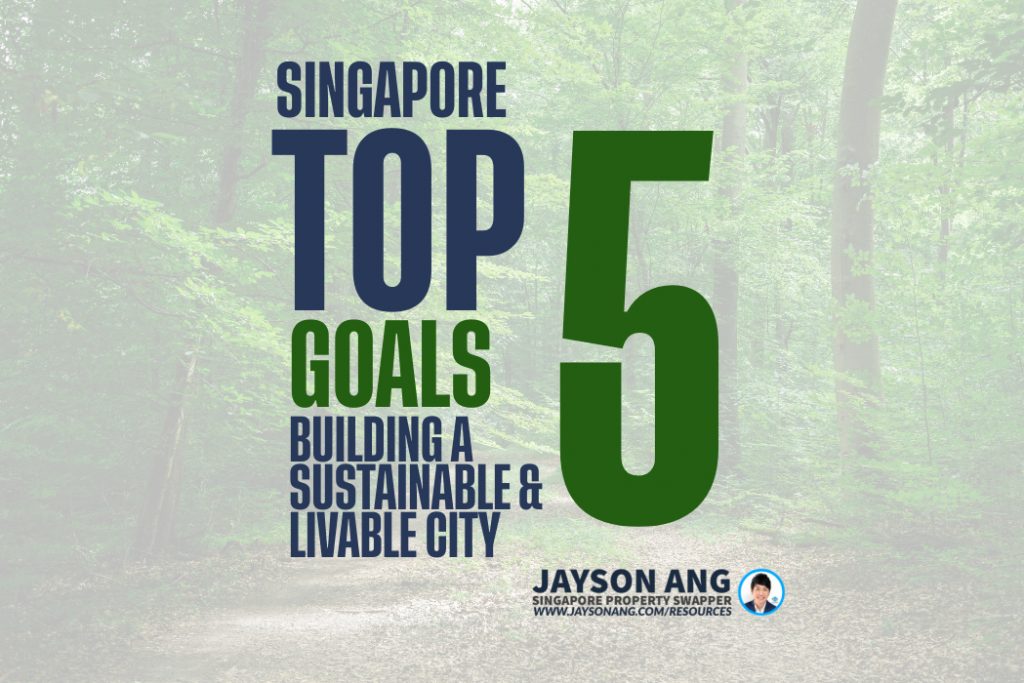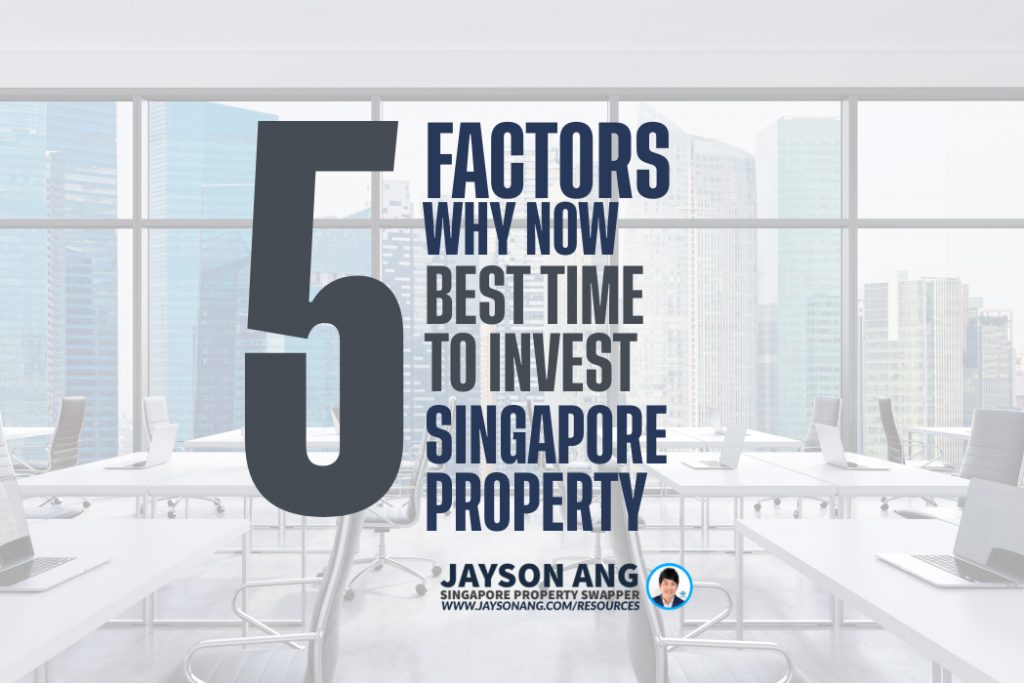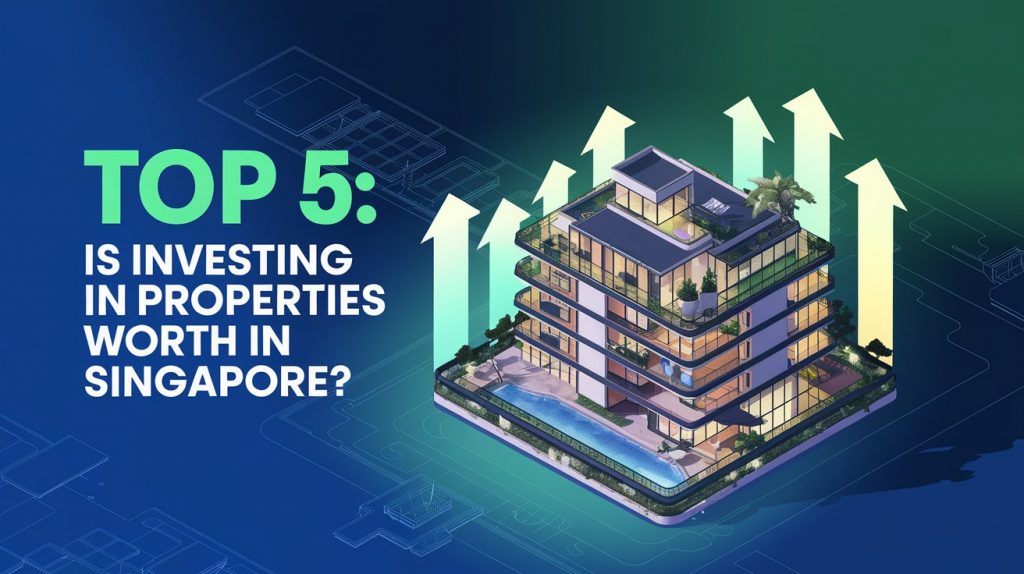TLDR
Rentvesting is a strategy where individuals rent a home in their desired location while purchasing investment properties in more affordable areas. This concept is increasingly popular in Singapore as it allows people to upgrade their lifestyle by living in a rented condo without incurring significant debt or additional taxes like the Additional Buyer’s Stamp Duty (ABSD). By renting out their HDB flats and leasing condos, individuals can enjoy the amenities of private housing with minimal additional cost. This approach offers flexibility, avoiding large financial commitments and the 15-month wait-out period after selling private property. Rentvesting suits those who wish to enhance their living conditions without the financial strain of owning multiple properties.
I follow several property blogs because I enjoy examining various property markets and analyzing the financial strategies that arise from them. Recently, I’ve become particularly intrigued by a strategy that has been increasingly popular in Australia over the past few years.
About a year ago, I discovered the concept of rentvesting, which has actually been around since the pandemic. This isn’t a research paper, so I won’t delve into its origins or timeline, but I believe it represents a relatively new trend.
So, what exactly is rentvesting? In simple terms, it involves renting a home in your desired location while purchasing property in a more affordable area to rent out.
From what I gather, this strategy is ideally suited for established professionals who can afford to rent in their preferred neighborhoods yet still have financial resources to invest in rental properties located in emerging areas. Unlike the typical property approach in Singapore, where the first purchase is often for a primary residence, these investors prioritize acquiring real estate solely for rental income.
With many of my friends who purchased BTO flats now reaching their Minimum Occupation Period and aspiring to live in condos, I thought this concept might be an appealing option.
For numerous young adults in Singapore, owning a condo in addition to their HDB flats is a costly challenge due to the significant taxes and duties involved, particularly the Additional Buyer’s Stamp Duty (ABSD). Often, property agents suggest selling their HDB flat to fund the purchase of a condo.
However, this can be a difficult decision, as retaining an HDB flat can be crucial for generating passive income needed to secure financing for such an upgrade. Moreover, selling the flat to move into a dual-key unit may not be appealing for those with larger families.
While larger dual-key units do exist, they may not always meet every family’s needs.
So, could it be a sensible choice for those aiming to enhance their lifestyle to consider renting a condo instead of buying one?
The benefits of rentvesting in the Singapore landscape
It’s evident that Singapore and Australia differ significantly in terms of tax regulations and property markets. Nevertheless, we can still enjoy some comparable advantages by employing similar strategies.
Benefit #1: Avoiding the need to take on debt for a lifestyle enhancement
I always caution my friends about the dangers of lifestyle inflation and the significant negative financial consequences it can have if you misjudge your risk tolerance at any point.
Purchasing a condo is a goal that many Singaporeans aspire to, but that doesn’t necessarily mean it’s a sound financial decision. Our generation will face very different property market conditions in the future, making it uncertain whether the successes of our parents’ or grandparents’ condo purchases will be replicated for us.
Acquiring a condo or any property doesn’t guarantee a financial gain. This has been established through various analyses; condo price trends are not always favorable. While there are indeed profitable deals, there are also unsuccessful investments or situations where original buyers hardly break even.
Our analyses cannot encompass every individual situation, so it’s crucial for you to evaluate your own financial circumstances and be realistic about your commitments.
For instance, if you purchase a small 3-bedroom condo in the Outside of Central Region (OCR) for $1.3 million, your monthly mortgage could exceed approximately S$4,000.
Let’s be honest—this is likely beyond the reach of many young Singaporeans. Why place yourself in debt when a condo won’t yield any profit until it’s sold successfully?
Alternatively, by renting out your HDB and leasing a condo, you can enjoy an upgraded lifestyle without the burden of financial strain.
Let me illustrate this with a sample projection. Imagine someone who bought a 4-room flat in Sengkang in 2019 and decides in 2024 to rent out their HDB while renting a condo in the same area.
For this example, I’ll refer to High Park Residences, a condominium that offers numerous amenities, making it ideal for families, located within the same estate. Based on URA’s records, I found rental transactions for 3-bedroom units this year. The most recent URA data indicates that a compact 872 sq ft 3-bedroom unit in High Park Residences sold for between $1.27 million (8th floor) and $1.315 million (24th floor). For simplicity’s sake, let’s round it to $1.3 million.
| Item | Rentvesting | Status Quo | Sell HDB And Buy High Park Residences | Keep HDB And Buy High Park Residences |
| Purchase Price | $430,000 | $430,000 | $1,300,000 | $1,300,000 |
| Downpayment | 25% | 25% | 25% | 55% |
| Loan Amount | $322,500 | $322,500 | $975,000 | $585,000 |
| Mortgage | $1,529 | $1,529 | $4,111 | $2,466 |
| Add HDB Rental In 2024 | $3,200 | – | – | – |
| Less Condo Rental In 2024 (E.g. 3BR High Park Residences) | $3,500 | – | – | – |
| Agent Fee | $133 | – | – | – |
| ABSD + BSD | $36,600 | $296,600 | ||
| Note: Additional cash/CPF outflow | $390,000 | |||
| Net Cashflow | -$1,963 | -$1,529 | -$4,111 | -$2,466 |
Please note that this table does not account for condo maintenance fees or the income tax associated with renting out your HDB.
The reason the net cash flow appears lower than, for example, selling your HDB to purchase a unit at High Park Residences is primarily due to the significantly smaller loan amount required for the condo. As a second property, the Loan-To-Value ratio is set at 45%, meaning you must cover 55% of the price or value (whichever is greater) out of pocket. While this option is desirable, it becomes quite burdensome due to both the tax implications and the cash/CPF contributions needed.
If you choose to rent out your HDB and lease a condo instead, your additional monthly expenses would only increase by $400 or so to reside in a facility-equipped development. Believe it or not, this amount is just slightly over $100 more than what you would typically pay in maintenance fees for a condo.
Conversely, purchasing a three-bedroom unit at High Park Residences would impose significant mortgage payments due to the larger loan. Furthermore, if you opt to retain your HDB while acquiring a condo, you will face a substantial Additional Buyer’s Stamp Duty (ABSD) tax!
In a context of rising interest rates, committing to a home purchase to support this new lifestyle could prove to be quite expensive. Therefore, Rentvesting appears to be the more sensible and flexible option.
Rather than making another down payment, incurring ABSD, and taking on a larger loan, you would only need to add a few hundred dollars to your budget!
Benefit #2: The ability to downsize without incurring the 15-month penalty
In Singapore, there exists a wait-out period as part of cooling measures. Essentially, private property owners must wait 15 months after selling their private properties before they can purchase a resale flat.
This means that for 15 months post-sale, you will either need to rent a place or risk being homeless in Singapore (though it should be noted that this may not be a permanent regulation).
For many young Singaporeans who typically need to sell their Minimum Occupation Period (MOP)-completed flats to afford a condo, this penalty can be quite harsh. You would likely have to significantly downgrade your lifestyle by moving back in with your parents or face high temporary rental costs while waiting to purchase a new home. Moreover, waiting 15 months to buy a resale flat can be quite stressful, as fluctuating prices over the next five quarters may keep you on edge.
However, if you need to downsize for financial reasons, you have some flexibility in trying to exit your condo lease. While negotiations with your HDB tenant may be necessary, this process is generally easier and quicker.
If you do not own private property, you will not be subject to the restrictions placed on current private property owners.
Benefit #3: Operating a small-scale business by renting a condo can offer greater advantages compared to the limitations associated with living in an HDB
Alright, before anyone gets defensive, I’m aware that you can operate home-based businesses from an HDB flat too. The Urban Redevelopment Authority (URA) has implemented the Home-Based Business Scheme since 2003, so we’re quite familiar with small home-run enterprises like hair salons and tailoring services.
In terms of regulations, the guidelines are largely similar for both types of properties. If you’re looking to run a business from your condo, you’ll need to obtain permission from the property owner as well as approval from the condo management. It’s important to remember that these spaces should primarily be used for residential purposes.
That said, if you decide to launch a home-based business in an HDB flat, you won’t be able to deduct your mortgage payments for tax benefits. In contrast, this is possible for condo rentals, although not for the entire rent since you don’t utilize the whole space for business activities. It’s advisable to consult a tax professional for detailed guidance!
So, while this isn’t real estate advice, it does touch on tax optimization. Just to clarify, I’m not a tax specialist; the third point is something I picked up from several entrepreneurs based in Singapore.
—
Can rentvesting be beneficial for you? Ultimately, it depends on what aligns with your financial situation. I find the concept of rentvesting appealing as it focuses on what individuals can afford rather than traditional investment strategies driven by projected returns and a desire for quick profits.
For Singaporeans who already possess an affordable home and are considering an upgrade through renting, this approach could be worth exploring.
Instead of spending years building wealth before indulging in life’s finer experiences, this strategy offers young investors a chance to elevate their living situation without taking on significant risks. When executed correctly, there is potential for profit from this method.
So, for my younger friends contemplating a move to a condominium, take a moment to reflect on how you plan to proceed.
If you’re uncertain about the next steps in your property journey, don’t hesitate to reach out for a comprehensive consultation.
Should You Buy, Sell or Wait?
If you’re reading this, you must be trying to figure out the best course of action right now: is it the right time to buy or sell?
It’s difficult to give an exact answer since everyone’s situation is unique and what works for one person may not necessarily work for you.
I can bring you a wealth of on-the-ground experience and a data-driven approach to provide clarity and direction. From beginners to experienced investors, our top-down, objective approach will help you on your real estate journey.
I can help you by:
- Offering Strategic Real Estate Advice – I can help create a comprehensive plan to guide you through your property journey.
- Connecting Your Home with the Perfect Buyers – Through stunning visuals, an effective communication strategy, and an in-depth knowledge of the market, we’ll ensure your home is presented in the best possible way to fulfill your goals.
You May Also Like …

